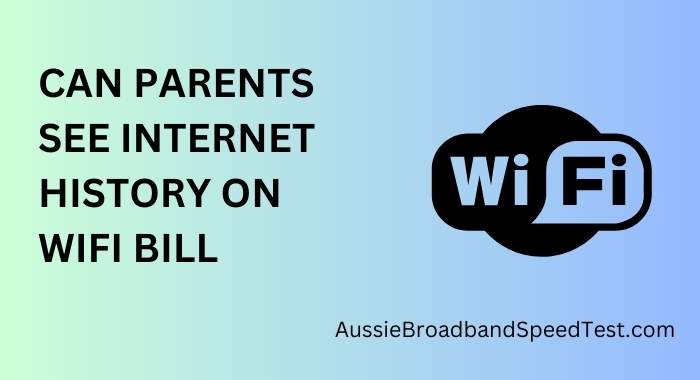One frequently asked question revolves around the usage of incognito mode and whether parents can monitor their children’s online activities when using it. In this article, we will delve into the intricacies of incognito browsing, WiFi monitoring, and the measures individuals can take to ensure their online privacy.
How does Incognito Mode Work?
Incognito mode, also known as private browsing, is a feature offered by most web browsers. When activated, it prevents the browser from storing browsing history, cookies, and other temporary data. While this can help maintain some level of privacy, it’s important to understand that incognito mode does not provide complete anonymity. It primarily prevents your local device from storing your online footprint, but it does not shield your activities from external entities.
Can Parents See Incognito History on WiFi?
While incognito mode might offer a degree of privacy, it’s not a foolproof method to hide your online activities from everyone, including parents. Network administrators, which could include tech-savvy parents, may have the capability to monitor network traffic. This means that while your device might not store browsing history, the network itself could still log the websites you visit.
Parental Control Software and Apps
Parents concerned about their children’s online safety often turn to parental control software and apps. These tools offer a comprehensive approach to monitoring and managing internet usage. Through such applications, parents can keep an eye on browsing history, block certain websites, and even set time limits for internet access. It’s important to note that these tools can potentially bypass incognito mode limitations.
Common Misconceptions
There are several misconceptions surrounding incognito mode that need to be clarified. First, incognito mode does not make you completely invisible online. While it prevents your device from storing history, websites, and internet service providers can still track your visits. Second, incognito mode doesn’t provide protection against malware or phishing attacks. It’s merely a tool to prevent local history storage.
Communicating with Parents
Open communication between parents and children is crucial in navigating the complexities of online privacy. Discussing the importance of privacy and the responsible use of the internet can bridge the gap between concerns and understanding. By being transparent about your online habits, you can address any worries your parents might have.
Respecting Privacy
Respect for privacy should be a two-way street. While parents have legitimate concerns about their children’s online safety, it’s equally important for them to respect their children’s growing need for independence and autonomy. Striking a balance between supervision and personal space is vital for fostering a healthy online environment.
Steps to Enhance Privacy
To bolster your online privacy, consider taking steps beyond incognito mode. Regularly clearing your browsing history, cookies, and cache can reduce your digital footprint. Additionally, opting for privacy-focused browsers that offer enhanced tracking protection can further shield your online activities from prying eyes.
Tips for Safe Browsing
While the debate about parental monitoring continues, adopting safe browsing practices is a responsibility that falls on both parents and children. Educate yourself about potential online threats, such as phishing scams and identity theft. Being cautious about the websites you visit and the information you share can go a long way in safeguarding your online presence.
The Role of Trust
Building trust between parents and children is paramount in maintaining a healthy online relationship. Parents should create an environment where children feel comfortable discussing their online experiences and concerns. Conversely, children should recognize the importance of responsible internet usage and uphold the trust their parents place in them.
Conclusion
In a world where online privacy is a growing concern, the use of incognito mode can provide a certain level of anonymity, but it’s not a complete solution. Parents can potentially access online activities through various means, including router monitoring and parental control software. To strike a balance between online safety and independence, open communication and mutual respect between parents and children are key.
FAQs
- Can my parents see my incognito history on WiFi?
- While incognito mode offers some privacy, parents could potentially monitor your online activities through router logs or parental control software.
- Is incognito mode completely secure?
- No, incognito mode prevents local history storage, but it doesn’t hide your online activities from websites or network administrators.
- Can a VPN hide my incognito history?
- Using a VPN can enhance privacy by encrypting your connection, making it more challenging for others to monitor your online activities.



